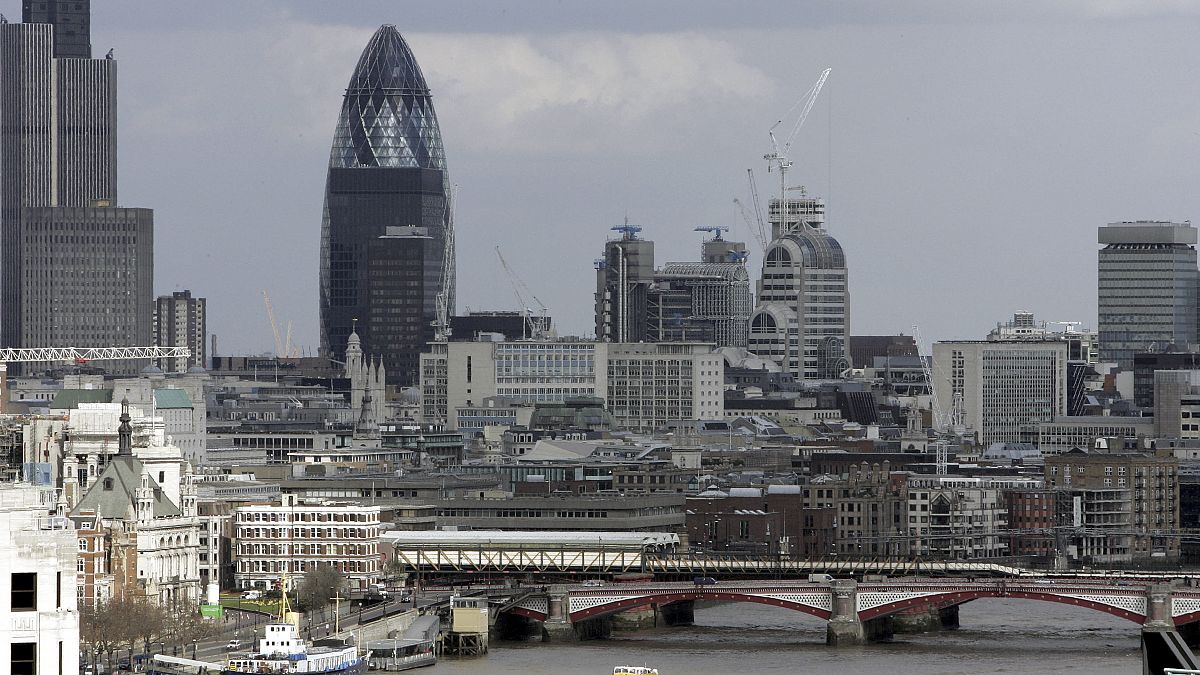


The UK economy has faced scrutiny recently, with many commentators labeling it as the 'sick man of Europe.' Shadow Chancellor Mel Stride has suggested that the UK economy is uniquely impoverished, while Professor Martin Jacob notes that although the UK lags behind the US and some European countries, it shares similar economic challenges with Germany and France. Despite these claims, recent data presents a more nuanced picture of the UK's economic health. [e3bf03a3]
In November 2024, the UK reported a modest growth of 0.1%, following a contraction of 0.1% in October. This growth was below the anticipated 0.2% increase, highlighting ongoing challenges within various sectors. The services sector contributed positively, adding 0.1% to the GDP, while industrial production and manufacturing output saw declines of 0.4% and 0.3%, respectively. Construction, however, experienced a slight rise of 0.4%. Overall, the GDP was 1.0% higher than in November 2023, but this was weaker than the forecasted 1.3% growth. Notably, real GDP showed no growth over the three months leading up to November. [faa49b4a]
The UK's debt-to-GDP ratio has risen alongside that of the US, with IMF data indicating that countries like Spain, France, and Italy have even higher debt levels. The UK also faces a current account deficit and is a net importer, which adds to the economic complexities. Despite these challenges, UK unemployment remains low, having halved since the financial crisis, and productivity levels are in line with G7 averages, although they lag behind France, Germany, and the US. [e3bf03a3]
Inflation has come under control, dropping to 2.5% in December 2024, which has led to increased investor confidence, as reflected in the FTSE 100 index rising by 1.2% to reach 8301.13. However, high electricity costs remain a concern for industrial companies, impacting their operational costs. [faa49b4a]
In terms of trade, the visible trade deficit widened to £19.31 billion, although the trade surplus in services increased to £14.55 billion, helping to reduce the total trade gap to £4.75 billion. Samuel Edwards from Ebury emphasized the implications of these trade figures on the UK economy, particularly in light of global market volatility. [76df0a2f]
Overall, while the UK economy is experiencing a modest recovery, the combination of trade deficits, inflation concerns, and scrutiny over fiscal policies presents a complex landscape for future growth. The data suggests that while challenges exist, the situation may not be as dire as some portray it to be. [e3bf03a3]